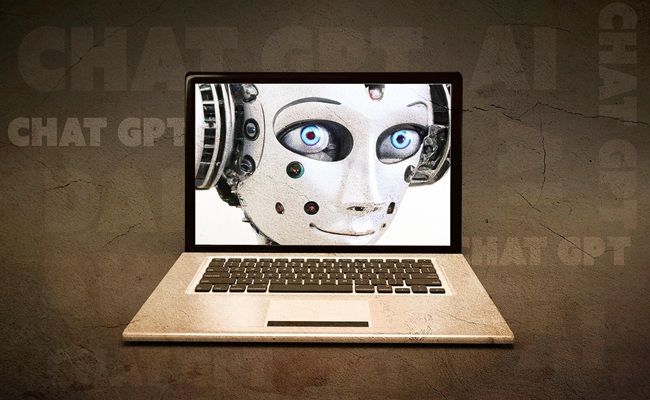
|
|
AI Mistakes – Real Examples and Lessons Learned
Don't expect perfection
 Royalty Free Pixabay Image
Royalty Free Pixabay ImageIntro
As I continue to gain experience with AI, I quickly discovered that AI does make mistakes -- And quite often! As of this writing, I have created over 80+ blog posts using ChatGPT-4o. Out of those, I found that a handful of articles contained either incorrect or incomplete information. I resolved this issue by either manually rewriting sections or by rephrasing my prompts. Ultimately, the more I work with AI, I am getting better at creating effective prompts to get better results.
Real Examples of ChatGPT-4o Errors
One example involved asking ChatGPT-4o to summarize a website that belongs
to a researcher I personally know. The site contained his unique research, and while the
summary itself was mostly correct, the AI mistakenly attributed his book to someone
else entirely. He was a little upset when I showed it to him.
In another case, I was working on an article about AMD processors.
ChatGPT-4o ended up mixing up some details between AMD and Intel, which could easily
confuse readers who aren’t already familiar with computer hardware. After making a
simple change to rephrase the prompt, I received the correct result.
Double-Check AI Results
The main lesson here is simple: you need to read AI-generated
results carefully and confirm they are accurate. Don’t blindly accept what
the AI gives you. (Especially, if your planning on sharing results with other people.)
In some cases, I was able to slightly rephrase my question and get the right answer the
second time.
I did have one case where ChatGPT never did give me what I wanted, regardless of how I
phrased the prompt. I probably tried at least ten different times. I finally ended up
heavily editing the AI generated articles and took the correct parts from each
iteration to form a complete article that finally met my needs.
Based on my own experience, I estimate that at least 10% of the initial
answers from ChatGPT-4o have some kind of mistake. Of course, this is just my small
sample and not scientific. I asked Google for more accurate data, and it said ChatGPT-4o
was 88.7% accurate in an official study. That's assuming the AI summary
that provided the statistic was correctly interpreting the data.
AI Listing Mistakes on Google
I also saw an AI mistake on Google related to my very own website. Google’s
AI generated summary had direct quotes taken from from my site, but it confused my
business with another business of the same name located in Hawaii. My business is
actually located in Illinois! (Please don't hold that against me!) How many more are on
Google? This is a big deal as it could cause all sorts of problems when people don't
realize they are being given incorrect information.
If you want to read more about this type of issue, there’s a good article
about AI attribution errors here:
ChatGPT’s Major Attribution Errors – Tow Center
Be Clear with Your Questions
Another thing I’ve noticed is that when I ask vague or incomplete questions,
ChatGPT-4o sometimes gives incomplete or off-topic results. To be fair, this is
probably more my fault than the AI’s. The AI has to guess what I meant, and
sometimes it gets it wrong.
The solution? Be as clear and specific as possible when asking your
questions. Specify things you want included or excluded. Specify how you want the
results formatted such as HTML, Python Code or a Blog Post etc. The better your prompt,
the better the AI response will be. I may write another blog post in
the future with tips on better writing prompts for ChatGPT.
Conclusion
AI tools like ChatGPT-4o are powerful and helpful, but they are not perfect. It’s important to review the results, correct mistakes, and refine your questions. When used carefully, AI can save time and boost productivity—but always stay alert for errors.